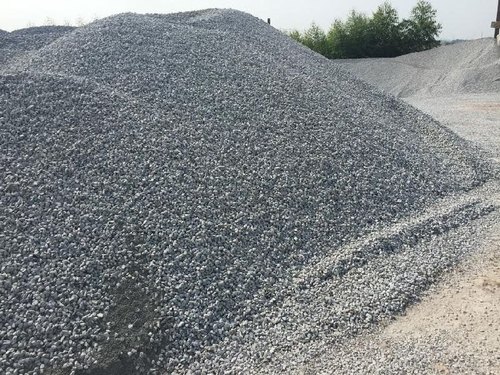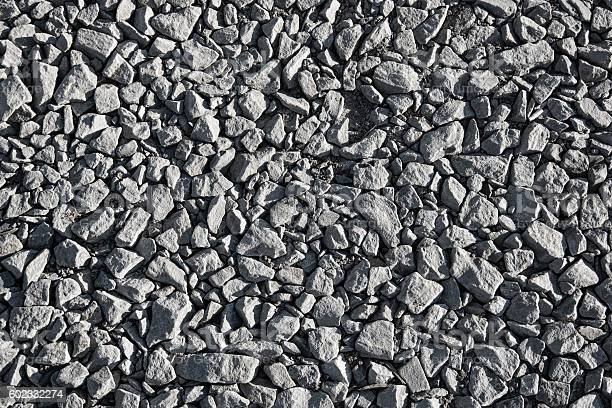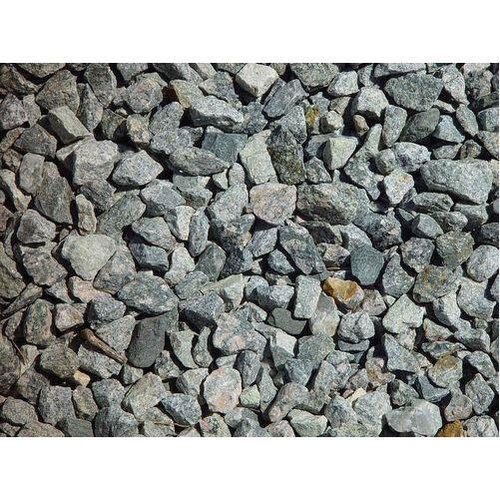Aggregates play a vital role in a wide range of building applications, including both domestic and commercial projects, and they make up a significant portion of the composition of materials such as concrete and cement. By definition, aggregates are a collection of loose materials such as sand, gravel, and crushed stone. In certain nations, they are derived from quarries, mines, and even materials extracted from the sea. Ready-mixed concrete is composed of around 80% aggregates, whereas asphalt is composed of 95% aggregates.
AGGREGATES

Granite Aggregates
This is the ideal aggregate for high-quality concrete, and it may also be utilized as a decorative component because it comes in a range of colors such as grey, red, and pink. Granite is made up of feldspar, quartz, and mica crystals, which determine the color of the stone.

Limestone Aggregates

Limestone aggregates are formed by crushing sedimentary rock. Aside from granite and gravel, this form of aggregate is one of the most widely utilized in road building and reinforced concrete.
Gravel/Ballast Aggregates
Sifting quarried rock and crushing natural stone are used to obtain gravel aggregates. Gravel aggregates are not as strong as granite aggregates, but they are sometimes less expensive to acquire. Another benefit is that it has a low radioactive content, which is a bit of a niche benefit. Gravel aggregates are utilized in foundations and concretes, as well as reinforced concrete products and road-building materials.
Types of gravel aggregates:
Gravel–rounded pebbles typically from rivers or the sea
Scrabbled stone – regular, natural, or crushed
Sand

Sand is used to provide bulk and strength to materials such as asphalt and concrete, as well as for decorative purposes. Sand mixed with water and other aggregates to make the firm, long-lasting concrete that is utilized in a wide range of applications across the world. It also acts as a binding agent in asphalt, moving it throughout the mix.
I am text block. Click edit button to change this text. Lorem ipsum dolor sit amet, consectetur adipiscing elit. Ut elit tellus, luctus nec ullamcorper mattis, pulvinar dapibus leo.
London Concrete Service Ltd. is proud to offer a diverse choice of aggregates throughout the city of London. Because of our industry knowledge and experience, we know what makes the perfect aggregate, and we will make every effort to offer our customers anything they require in a timely and effective manner. Get in contact with us right now to discover more.
Sharp Sand:
Sharp sand will be required if you are working on a construction or landscaping work. Sharp sand, also known as washed concreting sand and coarse sand, is a type of sand that may be used for a variety of purposes such as under paving, screeding floors, driveways under block paving, and many more.
Building sand available in your area may change in colour because of regional variances in quarried goods, but it will function exactly the same
- Block/slab paving bedding sand
- External rendering and screeding
- For use in outdoor and interior floor screeding.
Top Soil
Topsoil is the top layer of soil that contains a high concentration of nutrients and organic materials.Topsoil is widely used in gardening and is particularly effective in improving the soil quality on a specific plot of land. It may also be used to level off uneven ground or lawns, create new beds, raised beds, or provide as a foundation for lawns when natural soil is weak or non-existent. Topsoil can be used in raised beds to grow numerous plants, including vegetables, in paved gardens where there is no touch with soil. Topsoil’s composition fluctuates according to natural processes. Gardeners frequently add extra things, such as manure, to top soil to make it more fertile, productive, and ideal for certain requirements.
The darker the topsoil, the higher the nutritional content. Rich, nutritious topsoil can store more water and is rich in minerals from rock, sand, and organic materials. Topsoil is a stimulant for plant development due to its increased nutrient and water availability.
Many gardens have poor soil, such as those found in newly built homes where the natural topsoil has been scraped away as a result of the construction process. If your soil is deficient, adding a layer of topsoil should help your plants develop and thrive.
MOT Type 1
MOT type 1 is comprised of finely crushed limestone that has been confirmed to fulfil the Department of Transport Specification for Highway Works approval.
Type 1 MOTs built from finely cut granite are another recent version. The size of Type 1 MOT varies. It compacts effectively, forming a strong basis, making it an ideal sub base for both small and large applications.
This Type MOT granular sub base material is the best graded. It is a tried-and-true element that has been utilised as a primary foundation layer material for many years. Type 1 MOT is noted for being steady and long-lasting, both immediately and in the long run.
Main applications:
-
Parking garages
-
Driveways
-
Highways
-
Driveways
-
Hard standings
-
Creating foundations
-
Patios
